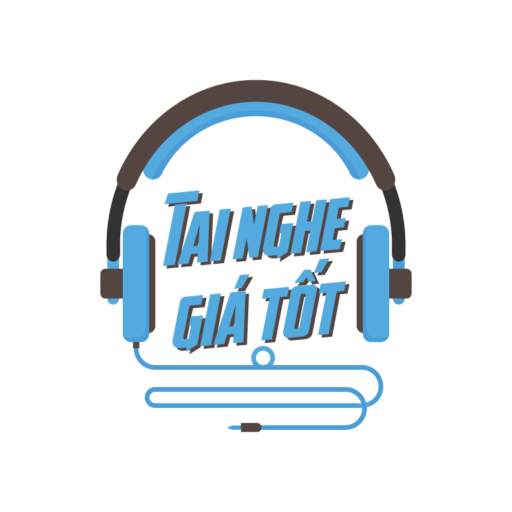Introduction
The gaming industry has witnessed unprecedented growth over the past few decades, evolving from a niche hobby into a global entertainment powerhouse. As it continues to expand, intellectual property (IP) issues have become increasingly prominent. This article explores the legal challenges faced by the gaming industry concerning intellectual property and proposes potential solutions to address these challenges.
I. The Importance of Intellectual Property in the Gaming Industry
Intellectual property encompasses a wide range of rights, including copyrights, trademarks, patents, and trade secrets. In the gaming industry, these rights are crucial for protecting the creative works, innovations, and brand identities that drive the success of both game developers and publishers.
- Copyrights
Copyrights are essential in gaming because they protect the expressive and creative elements of a game. This includes the game’s storyline, characters, music, and visual assets. Copyrights grant creators the exclusive right to reproduce, distribute, and display their works, preventing unauthorized copying and distribution.
- Trademarks
Trademarks are essential for branding and marketing within the gaming industry. They protect the names, logos, and symbols associated with games, making it easier for consumers to identify and trust a particular product or franchise.
- Patents
While less common in the gaming industry, patents can protect novel and non-obvious technical innovations, such as unique gameplay mechanics or hardware devices. They encourage innovation and may lead to the development of new gaming technologies.
- Trade Secrets
Trade secrets, such as source code and development processes, play a vital role in keeping a competitive edge. Protecting these secrets is crucial to prevent competitors from gaining an unfair advantage.
II. Legal Challenges in the Gaming Industry

Despite the importance of intellectual property, the gaming industry faces several legal challenges that threaten the protection of creators’ rights.
- Copyright Infringement
One of the most common challenges is copyright infringement. Gamers often create and share in-game content, such as mods and fan-made creations, which can potentially infringe on copyrighted materials. Developers must balance protecting their IP with fostering a community that encourages creativity.
- Plagiarism
Developers often draw inspiration from other games and media. This can lead to accusations of plagiarism, particularly when a game’s design or mechanics closely resemble those of another. Determining the line between inspiration and plagiarism can be a legal gray area.
- Trademark Disputes
Trademark disputes can arise when game titles or character names closely resemble those of other products. These disputes can lead to confusion among consumers and damage brand recognition.
- Patent Trolls
While less common, patent trolls can target gaming companies with frivolous lawsuits over broad patents. This can result in time-consuming legal battles and financial burdens for developers.
III. Solutions to Intellectual Property Challenges in the Gaming Industry

Addressing these legal challenges requires a nuanced approach that respects both the rights of creators and the gaming community’s creativity.
- Clear Copyright Policies
Game developers should establish clear and comprehensive copyright policies that allow fan-made content within certain boundaries. This can help strike a balance between protecting their IP and encouraging community participation. Guidelines for user-generated content and modding can be beneficial.
- Fair Use Consideration
Courts should carefully consider fair use when assessing copyright claims in the gaming industry. Fair use provisions can protect transformative works and commentary while preventing outright theft of creative assets.
- Industry Standards and Guidelines
Gaming industry associations and organizations can establish standards and guidelines for copyright, trademark, and patent issues. These guidelines can help clarify acceptable practices and avoid disputes.
- Early Trademark Searches
Game developers should conduct thorough trademark searches before selecting names and titles to avoid potential disputes. This will help protect their brand identity and reduce the risk of litigation.
- Defending Against Patent Trolls
The gaming industry should collaborate to defend against patent trolls collectively. Pooling resources to fight off frivolous lawsuits can discourage trolls from targeting individual developers.
- Open Dialogue
Open dialogue between game developers and the gaming community is essential. Developers should communicate their IP policies clearly, and gamers should be informed about their rights and responsibilities regarding fan-made content.
Conclusion
Intellectual property issues in the gaming industry are complex and multifaceted, stemming from the rapid growth and evolution of the medium. Protecting creators’ rights while fostering creativity and innovation in the gaming community is a delicate balance. By implementing clear policies, considering fair use, adhering to industry standards, conducting thorough trademark searches, and defending against patent trolls, the gaming industry can address the legal challenges surrounding intellectual property. This will contribute to the continued growth and success of this vibrant and dynamic sector.



